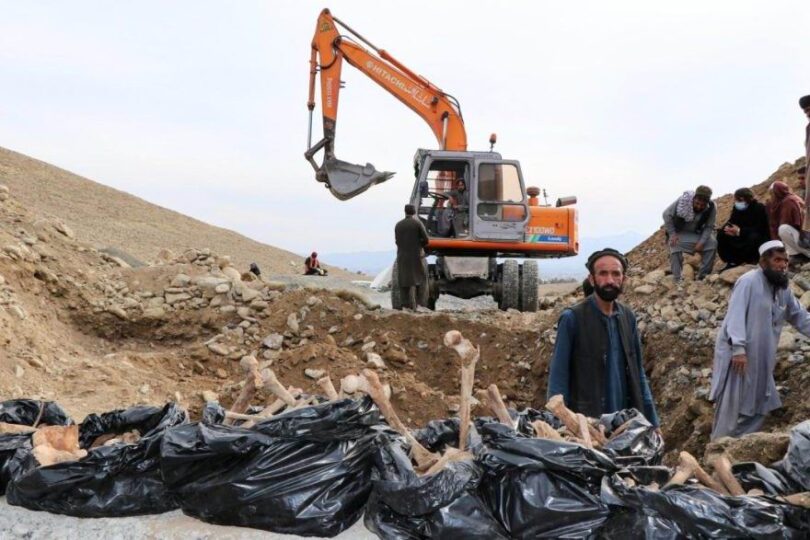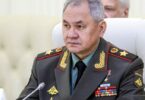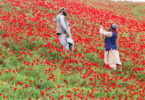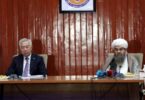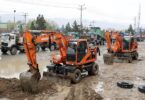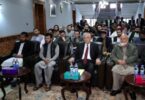KHOST (Khaama Press): Local officials in the Southeastern Province of Khost have reported the discovery of a mass grave in the center of the province, stating that the remains of at least 100 bodies have been discovered from this mass grave.
Basmillah Bilal, the mayor of the Taliban in Khost, has stated that this mass grave was discovered during the construction of a small dam in the Sarbani area of ??the province’s central region.
According to him, the individuals buried at this discovered location were killed in 1979 and then buried in a mass grave.
The French news agency also reported, citing local authorities of the province, that this mass grave “may be related to the era of Soviet-backed rule in Afghanistan.”
Research in this regard is not yet complete, but preliminary findings indicate that this mass grave was dug about a year after the “bloody coup of the People’s Democratic Party of Afghanistan” in 1979 to bury around 100 opponents of this party.
It is worth mentioning that following this coup, the government of Daoud Khan was overthrown, and the People’s Democratic Party of Afghanistan, led by Noor Muhammad Taraki, came to power. Taraki is accused of murdering and disappearing his opponents.
According to the mayor of the Taliban in Khost, among the discovered remains of about 100 bodies, there are also signs of female victims. He stated that, based on the evidence obtained, all the victims were civilians.
Since the collapse of the monarchy and the subsequent downfall of the Daud Khan Republic in Afghanistan in 1978 by the People’s Democratic Party supported by the Soviet Union, the country has been embroiled in several civil wars, marked by interference from neighboring countries. This tumultuous period has seen the collapse of various government systems, including the previous republic of Afghanistan, culminating in the resurgence of the Taliban in August 2021.
The instability and conflict in Afghanistan have persisted over the years, with various factions competing for power and control. Despite efforts to establish stability and governance, the country continues to grapple with internal strife and external interventions, prolonging its state of unrest.

